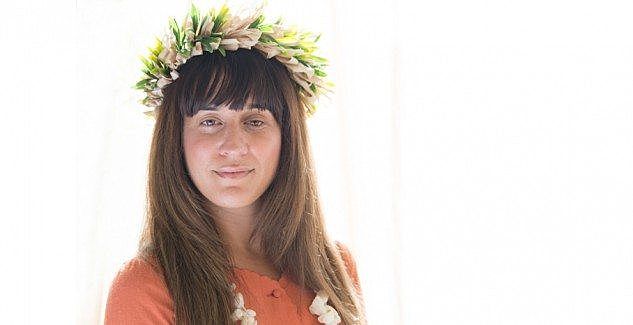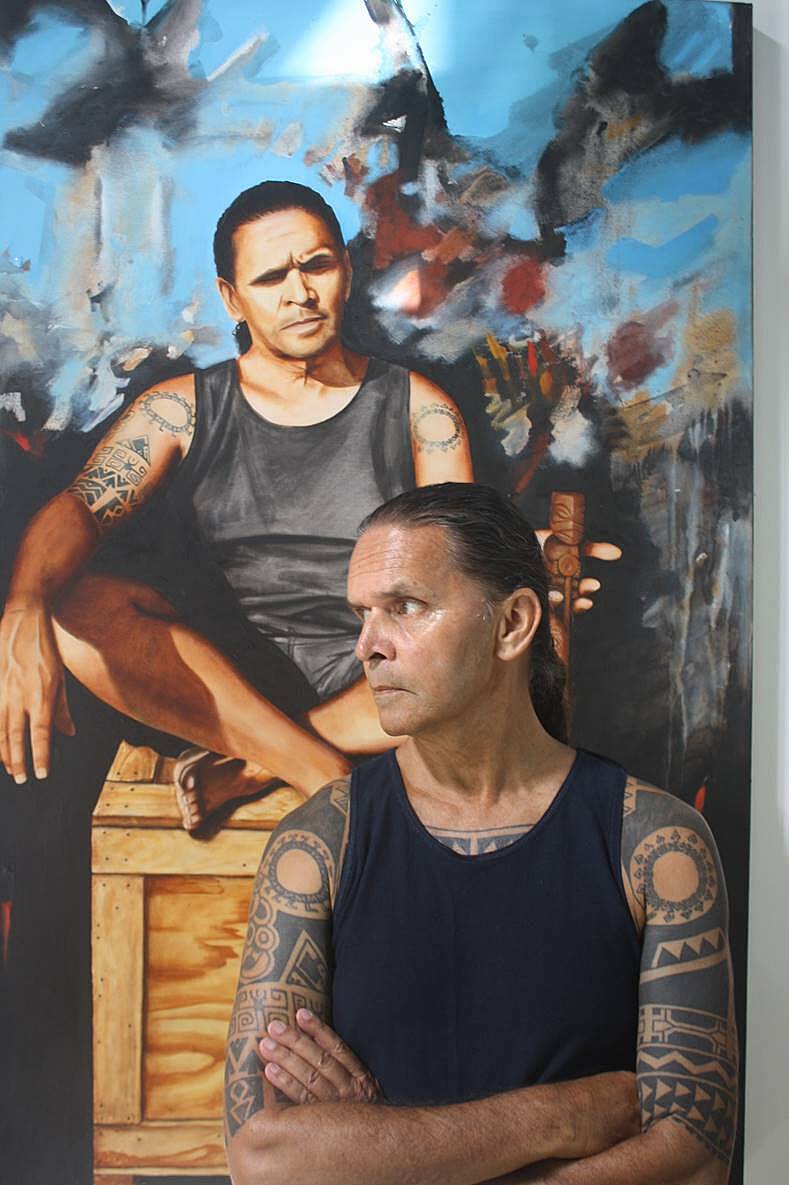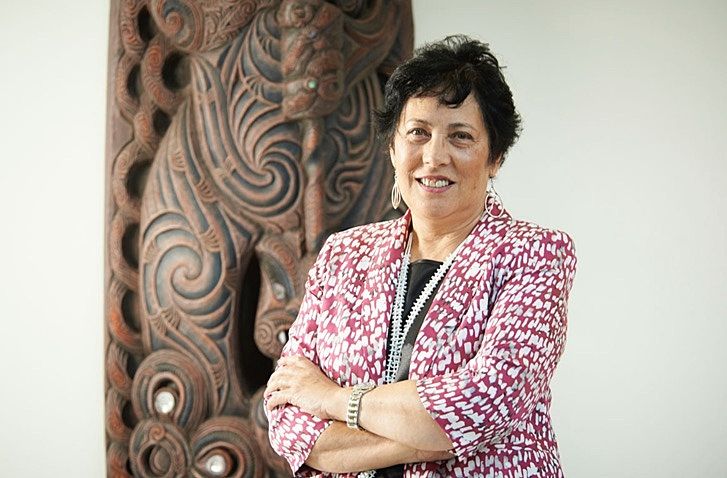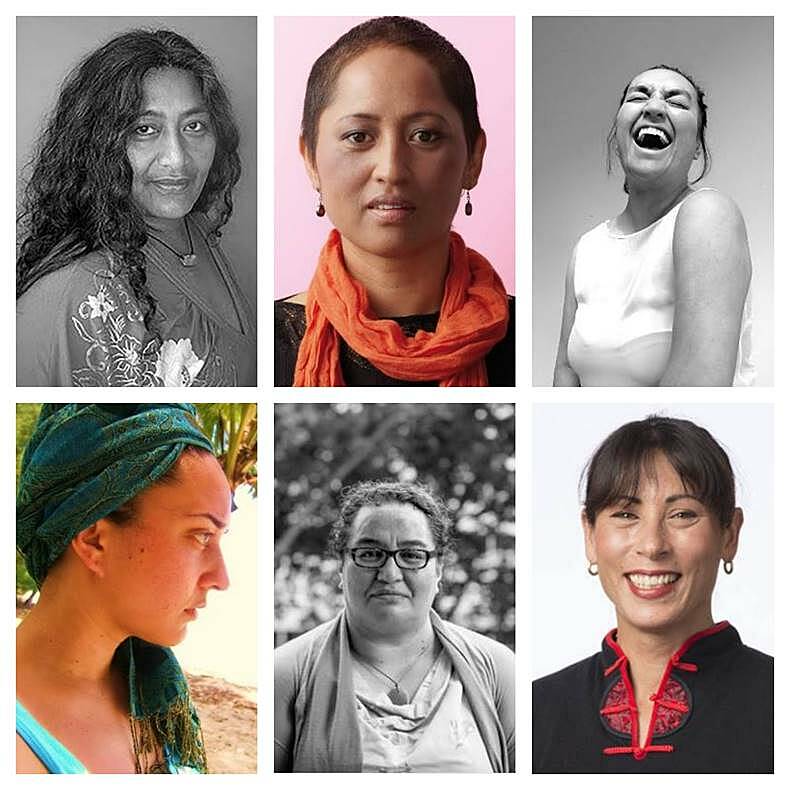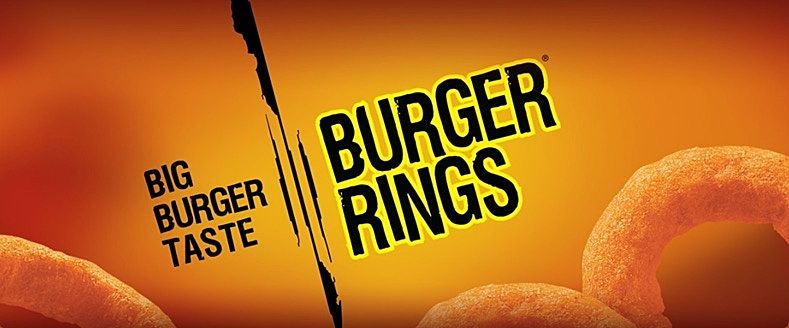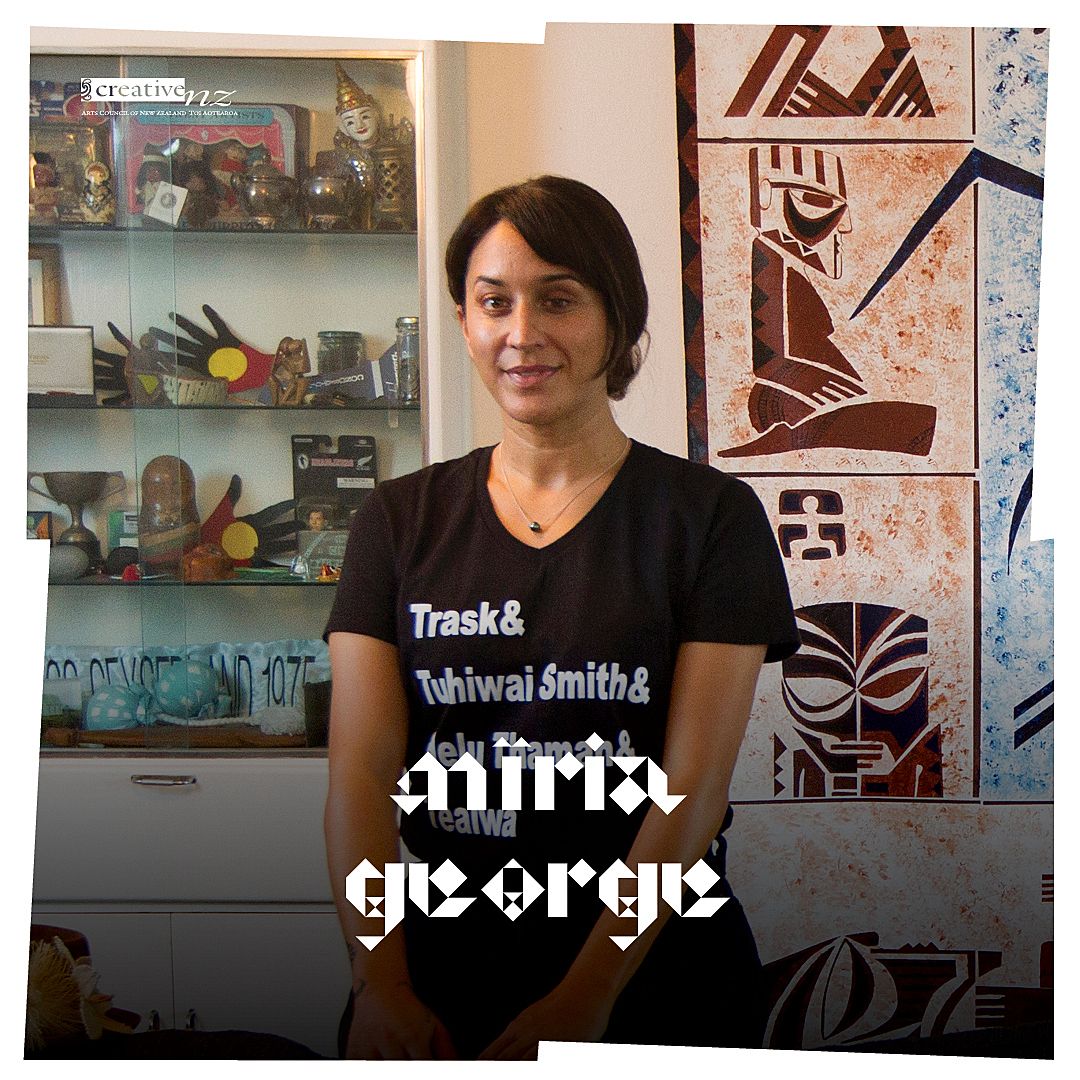Loose Canons: Mīria George
Mīria George (Te Arawa; Ngati Awa; Rarotonga & Atiu, Cook Islands) is a poet, a writer for theatre, radio and television, and a co-founder of Tawata Productions and Tawata Press.
Loose Canons is a series in which we invite artists we love to share five things that have informed their work. Meet the rest of our Loose Canons here.
Mīria George (Te Arawa, Ngāti Awa, Rarotonga & Atiu, Cook Islands) is a poet, a writer for theatre, radio and television, and a co-founder of Tawata Productions and Tawata Press. An award-winning playwright, Mīria’s work has toured New Zealand, Australia, Hawai’i, Canada and the United Kingdom. In 2007, and what remains marked Mīria’s international debut as a playwright. Her other works include Oho Ake, He Reo Aroha, Urban Hymns and Sunset Road.
Mīria holds a Masters in Creative Writing from the International Institute of Modern Letters. The Wet Season is Mīria’s debut collection of poetry, published by the Wai-te-ata Press. Mīria was the Fulbright Creative New Zealand Pacific Writer’s Residency 2017 in Hawai'i – the first Cook Islands recipient to do so. In 2016 Mīria premiered her new play The Vultures, an indigenous satire, to rave reviews and a sell-out season at the 2016 Kia Mau Festival in Wellington. Auckland audiences are now able to see the play, which opens at Q Theatre this week.
Whānau + anau
My parents have been the source of good lessons. Although my parents are of two very different whakapapa; my mother of Te Arawa & Ngāti Awa, my father of Rarotonga & Atiu, they shared a want for their children to understand the value of family and whakawhānaungatanga.
My mother, now a Doctor of Philosophy in Psychology, carted us kids to protests in the early 80s and 90s. I was a toddler during the anti-Springbok Tour protests. I can still hear my mother shouting ’shame’ on the street in Wellington as we protested the decision to resume nuclear testing in Mururoa in 1995. My mother taught me to stand up and to speak out. My father, the artist – a painter, carver and educator – would buy notebooks for the 8-year-old me. These notebooks I would fill with my own writing, posting excerpts of my writing in letters back to my father who lived in Rarotonga. Over the years, my father would utilise excerpts of my poems within his own paintings – our relationship a creative collaboration from when I was young.
Linda Tuhiwai-Smith’s Decolonising Methodologies
While seeking clarity of thought, I’ve been re-reading this book by wāhine Māori academic Linda Tuhiwai-Smith. Decolonising Methodologies has been untangling the ways I think about Western Imperialism and the violent shadow that it still throws upon the world. Decolonising Methodologies casts light on clear ways of maintaining sovereign indigenous frameworks. I leaned heavily upon Linda’s book recently, while creating a performance installation At The Table, a work created to speak directly about an entrenched cultural blindness that permeates throughout the fabric of theatre in this country; a blindness that perpetuates mono-cultural priorities. These priorities ensure a status quo that reflects little truth about the realities of Aotearoa New Zealand… forgive me, I digress – in short, everyone needs to read Decolonising Methodologies.
#BigHairDontCare
A creative project of mine, #BigHairDontCare is an experience that has previously been presented in Wellington & Hilo. A performance installation, #BigHairDontCare was most recently presented in Wellington in August. #BigHairDontCare | At The Table was presented with eight incredible wāhine Māori, Pasifika & Asian playwrights, emerging and established side-by-side, reading excerpts of their work in solidarity and celebration of the vast and ongoing contribution by mana wāhine playwrights to theatre from Aotearoa New Zealand. Featured playwrights included Makerita Urale, Nancy Brunning, Moana Ete, Maraea Rakuraku & Lynda Chanwai-Earle.
Junot Diaz
I met the writing of Junot Diaz in my early 20s. An avid reader as a child & teenager, I was introduced to Drown by a cousin. The dust and the distance of the villages he wrote about in the Dominican Republic seemed to traverse across the planet to the villages of my mother and father. His Afro-Dominican self somehow found parallels with different versions of my Māori-Kuki Airani self. Of the indigenous but also of the immigrant. Of the village but also of the city. It’s the way he evokes the world that I love – I can taste every place and moment that he speaks of.
Earlier this year, while living in Honolulu as the Fulbright-Creative New Zealand Pacific Writer-in-Residence at University of Hawai’i, I was told by my friend Mary of Guåhan that Junot would be speaking on Campus over the next two days. And so there I was, listening to Junot speak about his writing, and testing a brand new lecture titled I Will Build A Great Wall: Notes On Borders, Immigrants and the Future in the Age of Trump. These two days were both intimate and vast – I was fed creatively & philosophically by the mind of this fucking great writer. In turn, I relayed a bastardised version of his thinking back to 'The Amigos’ – old friends of ngā hau e whā – we’ve previously been called the United Colours of… whatever that brand is. I have to make mention that at both lectures, Junot insisted on taking questions from women only – preferably questions from women of colour. He laughed, saying that without a doubt the white men in the audience would be the first to raise their hands.
Burger Rings
I really love Burger Rings. I’m so country it took me until I was 11 years old to realise that if a) I had money and b) I stopped at the dairy, I could buy as much junk food as I had money for. This was truly a revelation for me (only surpassed by the introduction of BBQ corn chips to Rarotonga – I was 8 years old and I thought they were amazing). For me, the junk food of choice was (and sometimes still is) Burger Rings. There’s no such thing as a half empty packet of Burger Rings – it’s all or nothing. They’re sweet. And they’re salty. And they’re orange – my second favourite colour.
The Vultures runs from 18-21 October at Q Theatre. Tickets available here.
